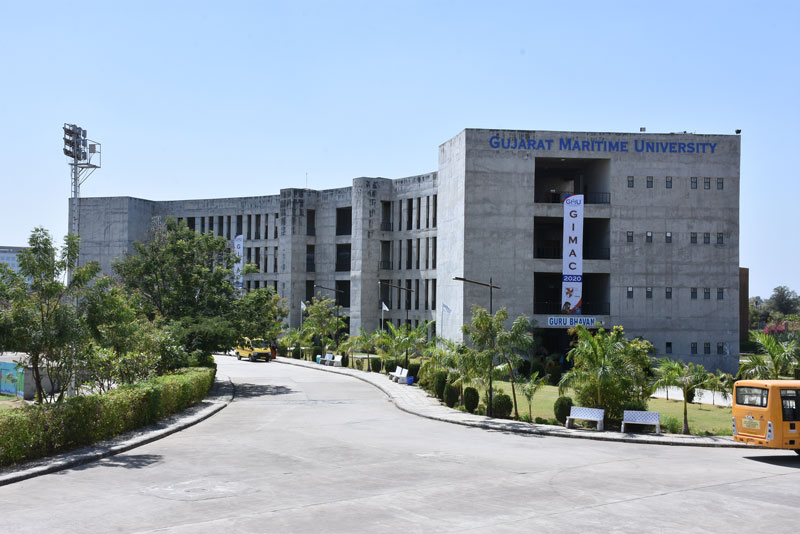For those students planning an academic path, or as a working professional seeking future-ready skills, now is the time to explore logistics management courses within the blue economy framework.
A question has been lingering for quite some time now – Why is maritime logistics the next ‘big thing’ for Indian students? While finance and IT often dominate career talks in India, maritime logistics is quietly sailing ahead as a high-impact, high-potential sector – especially under India’s Blue Economy vision. If you are a student or professional eyeing long-term relevance and a specialised edge, logistics management courses, tied to the maritime sector could be your competitive advantage.
Here’s to knowing more about the specifics – What makes maritime logistics crucial to India’s economy?
India’s Blue Economy is more than just ocean based trade – it’s a holistic strategy to harness ocean resources for sustainable growth. Under this, logistics plays a backbone role in enabling efficient transport, energy and food systems across the coastline.
- Sagarmala Project is the government’s flagship initiative driving port-led development across 7,500 km of coastline.
- Coastal cargo movement has already seen a boost, with improved last mile connectivity, and digital tracking systems.
- The vision is to integrate logistics with marine fisheries, offshore wind energy, coastal shipping and smart ports.
This opens niche roles for experts who understand both supply chain mechanics and maritime environments.
What are the opportunities for you?
As India gears up for offshore wind farms, and expands coastal cargo routes, professionals trained in blue economy logistics are in demand like never before. Here’s where you can fit in –
- Coastal shipping – Route planning, cold chain logistics and cargo handling require trained personnel.
- Offshore energy projects – From turbine components to installation support – logistics is central to execution.
- Marine fisheries logistics – Efficient transportation of perishable goods directly impacts livelihood and food security.
If you are trained through logistics courses in India, with a maritime focus, rest assured – you step into roles that are future resilient and globally relevant.
Forward looking universities are now offering – world-class education and applied research in areas like – port logistics, smart maritime systems and blue economy strategy. These institutions categorically focus on –
- Knowing the policies and regulatory frameworks being as crucial as operational efficiency.
- From AI in shipping to GS mapping, they understand that logistics require tech-savvy individuals.
- Industrial tie-ups ensure you’re job-ready from day one.
So, when you enroll in specific logistics management courses, you are not merely learning. Rather, you are building capabilities that align with both national and international demands.
Why should you care?
Have you been looking to build an impact-driven and meaningful career? Then maritime logistics offers you something that most sectors don’t – specialisation with scale. The field is niche enough to keep competition low, yet broad enough to offer international placements.
By pursuing logistics courses in India – focused on the blue economy you position yourself at the intersection of sustainability, technology, and policy.
Final Thoughts
For those students planning an academic path, or as a working professional seeking future-ready skills, now is the time to explore logistics management courses within the blue economy framework. With India’s maritime vision expanding and job roles evolving, you can be a part of the change.
Get ready to be more than employable – be essential!








Leave a Reply